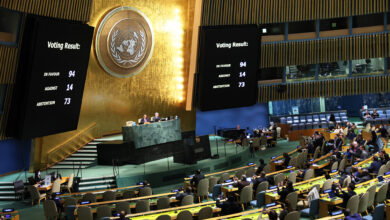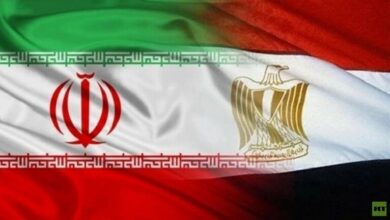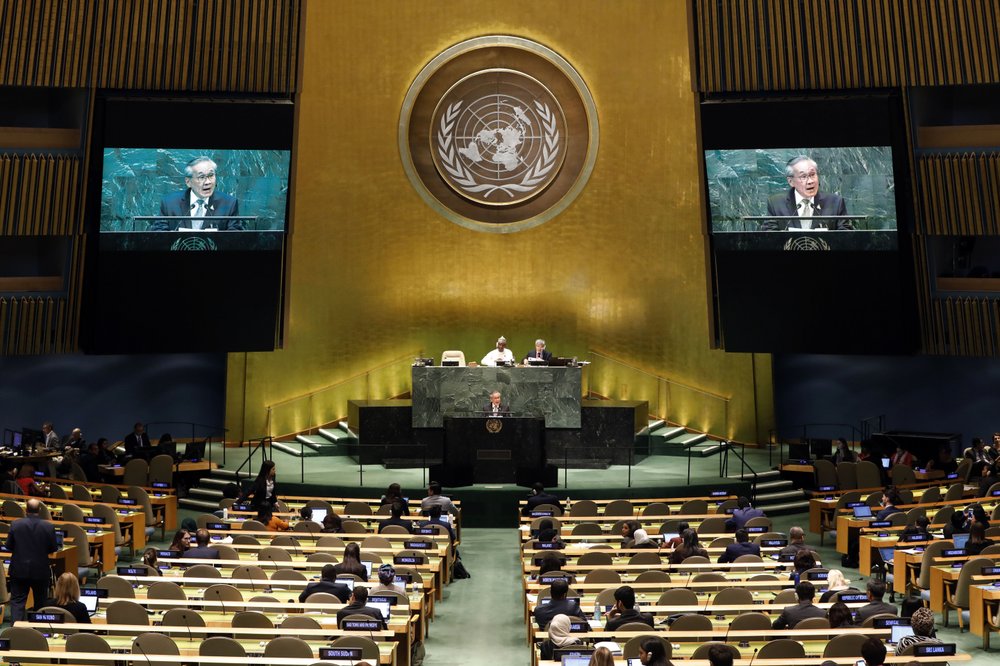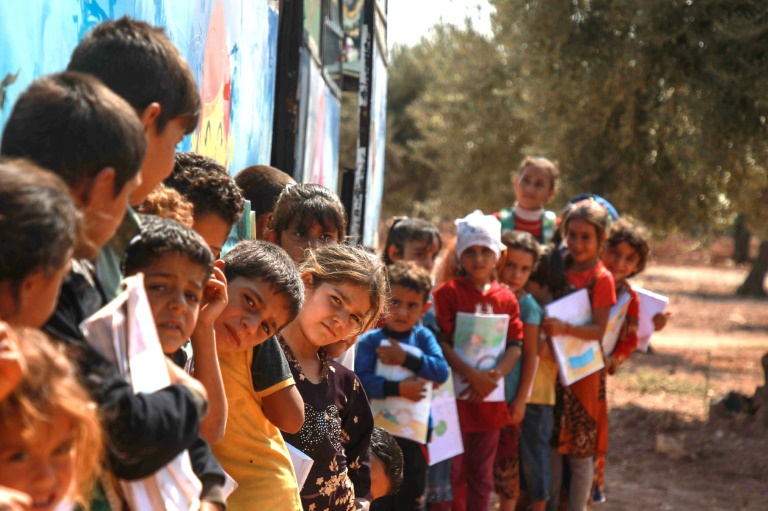Ramallah — The Palestinians are ready for statehood, according to a report to be presented to major aid donor countries in Brussels this week by Prime Minister Salam Fayyad.
He will present facts and figures to show how his Palestinian Authority has used hundreds of millions of dollars in foreign assistance over the past two years to create justice, education, energy, health, water, security and housing services.
"I believe that our governing institutions have now reached a high state of readiness to assume all the responsibilities that will come with full sovereignty on the entire Palestinian occupied territory," Fayyad says in the 63-page document.
But he underlines that unless Israel's military occupation comes to an end, these accomplishments can only achieve so much.
"Without a change to the status quo, the positive impact of internal reforms to build a strong and healthy economy will be limited in both scope and sustainability," the report says.
Palestinian leaders aim to ask the United Nations General Assembly in September for recognition of statehood on all of the territory Israel occupied in 1967, including Gaza — over which Fayyad and President Mahmoud Abbas have no control.
Israel has warned that such unilateral moves are not a substitute for a Middle East peace treaty that would establish a Palestinian state by mutual consent.
"Palestinians seek to go to an international forum and avoid peace negotiations," Israeli Prime Minister Benjamin Netanyahu told EU diplomats on Monday. "It pushes peace further back."
INTERNATIONAL SUPPORT
But the Palestinian leadership is plowing ahead with clear signs of international encouragement. The number of countries that recognize Palestine as a state has risen this year to 110, more than half the membership of the United Nations.
The World Bank and the International Monetary Fund last week praised the performance of the PA, saying in separate reports that it was well-positioned to run an independent nation.
Fayyad said his government had connected all Palestinian residential areas, including remote ones, to the electricity grid, and paved and fixed 2250km (1400 miles) of streets.
While they make up two parts of the same future state in theory, Gaza and the West Bank have never been more divided, politically and geographically. Abbas and Fayyad want peace with Israel. Hamas, which controls Gaza, rejects any deal that accepts the Jewish state.
The Israeli occupation, says the report, remains the "most significant challenge to economic development in Palestine."
"Restrictions on movement and access, as well as lack of control over borders and natural resources continue to be real barriers to the growth of the economy."
Palestinians administer their own affairs in islands of land in a West Bank landscape peppered with Jewish settlements. They have no access to some 60 percent of West Bank land.
"Lack of access to natural resources for example, including land and water, severely constrains any sustainable progress through out the economy," the report says.
The document will be presented on 13 April to the Ad Hoc Liaison Committee, a 12-member committee of the European Union and United States which serves as the principal policy-level coordination mechanism for assistance to the Palestinians.




